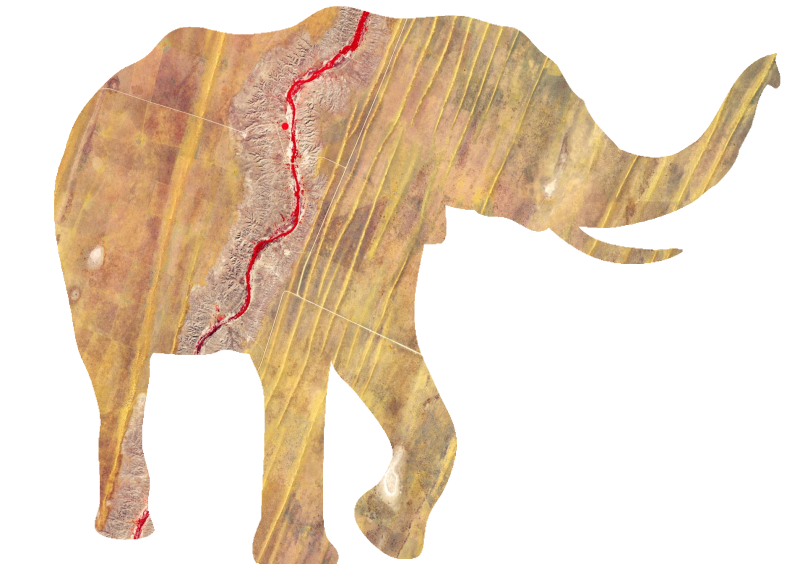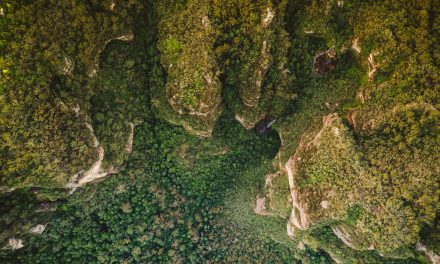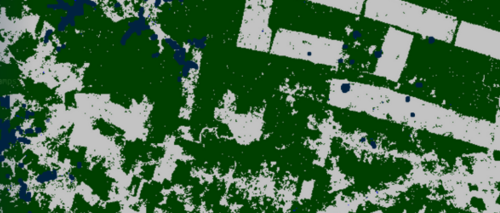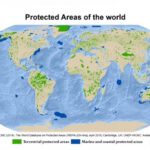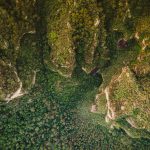Open PhD position in remote sensing of plant chemical ecology (Ref: URPP-N3)
The University of Zurich (UZH) Research Priority Programme (URPP) on Global Change and Biodiversity (GCB) is an established interdisciplinary research program (http://www.gcb.uzh.ch). Biodiversity is both a response variable affected by global change drivers and a factor modifying ecosystem processes and services that are essential to human well-being. An improved capability to predict the consequences of changes in drivers will aid improved prediction of the state of the environment. The URPP GCB implements innovative avenues in this research domain by using a latitudinal gradient approach based on interactions, feedback and scale, to provide more reliable and robust knowledge of global change processes. Global change (namely land use change, climate change, invasions, exploitation, and pollution) influences biodiversity and vice versa. We are looking for a motivated candidate, capable of doing research at the disciplinary boundaries of geoecology, chemistry, and remote sensing.
We therefore invite applications for a PhD position in remote sensing of plant chemical ecology. Plants are the trophic basis of terrestrial ecosystems and their diversity structures ecological
communities. Specifically, plant genetic and species-level diversity have large effects, but the mechanisms underlying these effects are still poorly understood. Plant chemical traits, in particular
specialized metabolites, can be strong determinants of ecological interactions and community structure. However, the requirement for time-resolved destructive sampling from individual plants has hindered
testing of community-level hypotheses. This project seeks to develop the use of remote sensing technologies to describe the distribution and dynamics of chemical traits which mediate ecological
interactions of plants with other organisms. Remote sensing technologies to be used include spectrometry and spectroscopy techniques across a range of scales.
The successful applicant will be based in Zurich and embedded in a supervisory team including Meredith Schuman (https://www.geo.uzh.ch/geolean/en/department/entire-staff-
list/?content=schumanmeredithchristine), and Michael Schaepman (http://www.gcb.uzh.ch/en/aboutus/people/schaepman.html). You will work in the Department of Geography, which hosts several research groups working on a variety of topics assessing the key drivers of global change and biodiversity.
To apply, applicants must have a completed master’s degree in either chemical ecology, analytical chemistry, remote sensing (spectroscopy with experience in chemical trait analysis), or a closely related
scientific field. Applicants must be able to work with statistical tools and scripting languages (i.e. Matlab, Python, R), have hands-on experience with analytical techniques including spectroscopy and/or LC-
MS and GC-MS, and be motivated to conduct field and glasshouse research (experience is an asset). A high standard of written and spoken English is mandatory. The position can start as soon as a suitable
candidate is found. Salaries correspond to the UZH regulations of PhD salaries. We are looking for a highly motivated, enthusiastic and independent person with a passion for science
to join our team. We offer outstanding working conditions, a high quality of life in Zurich, and an excellent support environment.
Please upload your application (including position reference URPP-N3) (motivation letter, complete CV, and names of 2 references) to https://www.appointments.mnf.uzh.ch/position/7012354. Selection of
candidates will begin January 20, 2019 and continue until the position is filled. Preferred starting date in Zurich is July 2019 or upon agreement. For further questions, please contact meredith.schuman@geo.uzh.ch.
